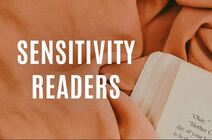
An Example of Sensitivity Critiquing of Classical Literature: Roald Dahl
According to the BBC, below are some of the changes being made in Roald Dahl’s books.
• Augustus Gloop, from Charlie and the Chocolate Factory is now described as "enormous."
• The word "fat" has been taken out of every book - according to the Telegraph.
• Mrs. Twit, from The Twits, is now described as "beastly" no longer "ugly and beastly."
• The Twits has removed the word "weird" from the sentence "a weird African language."
• "Crazy" and "mad" have also been taken out of the books.
A spokesperson for the UK Prime Minister used a word created by Dahl to support his opposition to the changes. “When it comes to our rich and varied literary heritage, the prime minister agrees with the BFG [Big Friendly Giant] that we shouldn’t gobblefunk around with words.”
If you’re interested, here’s a link to Roald Dahl: the best gobblefunk words: https://www.theguardian.com/childrens-books-site/2016/jun/14/roald-dahl-dictionary-best-gobblefunk-words
While Travis Croken, national co-chair of the Canadian Authors Association, believes using sensitivity readers to rewrite classical literature like Dahl is problematic he does believe employing them to work on in-progress manuscripts can be an important aspect of the writing process.
According to the BBC, below are some of the changes being made in Roald Dahl’s books.
• Augustus Gloop, from Charlie and the Chocolate Factory is now described as "enormous."
• The word "fat" has been taken out of every book - according to the Telegraph.
• Mrs. Twit, from The Twits, is now described as "beastly" no longer "ugly and beastly."
• The Twits has removed the word "weird" from the sentence "a weird African language."
• "Crazy" and "mad" have also been taken out of the books.
A spokesperson for the UK Prime Minister used a word created by Dahl to support his opposition to the changes. “When it comes to our rich and varied literary heritage, the prime minister agrees with the BFG [Big Friendly Giant] that we shouldn’t gobblefunk around with words.”
If you’re interested, here’s a link to Roald Dahl: the best gobblefunk words: https://www.theguardian.com/childrens-books-site/2016/jun/14/roald-dahl-dictionary-best-gobblefunk-words
While Travis Croken, national co-chair of the Canadian Authors Association, believes using sensitivity readers to rewrite classical literature like Dahl is problematic he does believe employing them to work on in-progress manuscripts can be an important aspect of the writing process.
Examples of In-process Critiquing
A British Columbia sensitivity reader told an author of an unpublished manuscript that her autistic lead character, who spent her time hating herself and being a burden to her family, was a harmful characterization and needed to be changed. There was no mention of how the story played out. Did the character eventually evolve into a better state of mind or was her role to demonstrate to readers, even autistic ones, how unproductive her attitude was?
One sensitivity reader makes the point that often authors are writing about situations they know nothing about. She is non-binary and finds that despite their research, cisgender authors may tap into stereotypes or utilize damaging tropes. I understand that as authors we cannot always walk in another’s shoes, but I find it interesting that in reviewing a fantasy book, she found fault with a black character who turned into a Minotaur being described as monstrous and bestial. She saw this as a dangerous stereotype. My clinical observation is to ask: If the character were not black and still turned into a Minotaur in this fantasy novel, would you still consider it a stereotype?
Being a fantasy novel and the character being a Minotaur, having the head and tail of a bull and the body of a man, which has often been described in mythology as being monstrous and ferocious, doesn’t it seem like overreach to assume that the author’s descriptives were aimed at the character’s race rather than at the Minotaur itself? If one sees this as impossible to view other than as a “damaging stereotype,” it opens the door to authors being unable to exercise their imaginations or create characters that are anything but perfect by someone else’s standards. Censorship of societal issues should not be applied without context.
Authors often use their imaginations to present societal conditions as they exist in order to inform those who are uninformed about those situations. Not all instances are designed to express disapproval of someone or some way of life. Once again, context is important. I once had a reader who, after reading a couple of chapters in one of my books, felt the female character was not portraying the strength she expected. Of course, she didn’t read the book in which this female’s character evolved into a strong, independent woman.
Author Keira Drake had the release of her book postponed because early readers pounced on what they termed “racist trash.” The Continent is a fantasy novel about two warring nations. Apparently describing one nation’s warrior as having “reddish-brown skin and painted faces” is one of the things which set them off. I admit that I haven’t read the book, but it’s difficult to see exactly how imaginary peoples in a fantasy novel could offend anyone.
A British Columbia sensitivity reader told an author of an unpublished manuscript that her autistic lead character, who spent her time hating herself and being a burden to her family, was a harmful characterization and needed to be changed. There was no mention of how the story played out. Did the character eventually evolve into a better state of mind or was her role to demonstrate to readers, even autistic ones, how unproductive her attitude was?
One sensitivity reader makes the point that often authors are writing about situations they know nothing about. She is non-binary and finds that despite their research, cisgender authors may tap into stereotypes or utilize damaging tropes. I understand that as authors we cannot always walk in another’s shoes, but I find it interesting that in reviewing a fantasy book, she found fault with a black character who turned into a Minotaur being described as monstrous and bestial. She saw this as a dangerous stereotype. My clinical observation is to ask: If the character were not black and still turned into a Minotaur in this fantasy novel, would you still consider it a stereotype?
Being a fantasy novel and the character being a Minotaur, having the head and tail of a bull and the body of a man, which has often been described in mythology as being monstrous and ferocious, doesn’t it seem like overreach to assume that the author’s descriptives were aimed at the character’s race rather than at the Minotaur itself? If one sees this as impossible to view other than as a “damaging stereotype,” it opens the door to authors being unable to exercise their imaginations or create characters that are anything but perfect by someone else’s standards. Censorship of societal issues should not be applied without context.
Authors often use their imaginations to present societal conditions as they exist in order to inform those who are uninformed about those situations. Not all instances are designed to express disapproval of someone or some way of life. Once again, context is important. I once had a reader who, after reading a couple of chapters in one of my books, felt the female character was not portraying the strength she expected. Of course, she didn’t read the book in which this female’s character evolved into a strong, independent woman.
Author Keira Drake had the release of her book postponed because early readers pounced on what they termed “racist trash.” The Continent is a fantasy novel about two warring nations. Apparently describing one nation’s warrior as having “reddish-brown skin and painted faces” is one of the things which set them off. I admit that I haven’t read the book, but it’s difficult to see exactly how imaginary peoples in a fantasy novel could offend anyone.

Writers’ Opinions
American author Francine Prose doesn’t believe authors and publishers need to hire sensitivity readers. “Few of us are working in so much isolation that we can’t find someone who we trust about a certain subject and say, ‘You know, you think I’m getting this wrong?’”
Award-winning author, Kate Clanchy, who went through the gauntlet with several sensitivity readers offers her opinion in an opinion piece. The title is “How sensitivity readers corrupt literature: They sullied my memoir to suit their agenda.” https://unherd.com/2022/02/how-sensitivity-readers-corrupted-literature/
Writer Hillary Jordan, author of Mudbound, told NPR.org the following: Literature “comes from curiosity about how other people live; it comes from the desire to break down the barriers between us. And I just don't know how you do that if you have someone looking over your shoulder and sort of coughing slightly to let you know when you're off."
Sensitivity reader Dhonielle Clayton says, "I'm not in the business of censoring people. I'm in the business of checking to make sure what they're doing does not have harm and repercussions for the people that they are writing about. Because people don't realize the power of words and the power of bad representation — it can haunt people."
Do Sensitivity Readers Have Value?
If all sensitivity readers approach their work like Lynn Brown in New York, then it can be a good thing. She believes her role to be pointing out if the character feels stereotyped or if the character from particular segments of society would speak the way the author has written. She also believes she should point out if the author is developing the character in a stereotypical way to the point of being offensive to those readers of similar backgrounds.
One sensitivity reader believes that any author writing across cultures should use a sensitivity reader, especially in books for kids. I agree that accessing feedback from persons who are in the population group of your characters if different from your own is as reasonable as accessing experts in periods of history or professions used in your book.
My Opinion
American author Francine Prose doesn’t believe authors and publishers need to hire sensitivity readers. “Few of us are working in so much isolation that we can’t find someone who we trust about a certain subject and say, ‘You know, you think I’m getting this wrong?’”
Award-winning author, Kate Clanchy, who went through the gauntlet with several sensitivity readers offers her opinion in an opinion piece. The title is “How sensitivity readers corrupt literature: They sullied my memoir to suit their agenda.” https://unherd.com/2022/02/how-sensitivity-readers-corrupted-literature/
Writer Hillary Jordan, author of Mudbound, told NPR.org the following: Literature “comes from curiosity about how other people live; it comes from the desire to break down the barriers between us. And I just don't know how you do that if you have someone looking over your shoulder and sort of coughing slightly to let you know when you're off."
Sensitivity reader Dhonielle Clayton says, "I'm not in the business of censoring people. I'm in the business of checking to make sure what they're doing does not have harm and repercussions for the people that they are writing about. Because people don't realize the power of words and the power of bad representation — it can haunt people."
Do Sensitivity Readers Have Value?
If all sensitivity readers approach their work like Lynn Brown in New York, then it can be a good thing. She believes her role to be pointing out if the character feels stereotyped or if the character from particular segments of society would speak the way the author has written. She also believes she should point out if the author is developing the character in a stereotypical way to the point of being offensive to those readers of similar backgrounds.
One sensitivity reader believes that any author writing across cultures should use a sensitivity reader, especially in books for kids. I agree that accessing feedback from persons who are in the population group of your characters if different from your own is as reasonable as accessing experts in periods of history or professions used in your book.
My Opinion
- I think classic literature should be left alone. It smacks of trying to rewrite history, an offense on the lips of millions today.
- Advising authors on a work-in-progress is fine and can perhaps rectify one-dimensional stereotypes as well as clichés as long as the author has the final word.
- As mentioned earlier with the Minotaur example, context should always be considered. If a book is a fantasy or a science fiction, it is especially important to honor that they do not usually mirror reality.
- Let us all remember that when talking fiction works, fiction is defined as “literature in the form of prose that describes imaginary events and people,” who I assume cannot be offended.
- The difference between censorship, such as banning books, and sensitivity readers is that censorship is the suppression of content. As long as sensitivity readers’ opinions are held to the standard of suggestions, there is no suppression.
In today’s hair-trigger, hyperreactive social media landscape, as the New York Times describes it, readers can often assume it is their job to nitpick everything they read. Sometimes you have to wonder if they took the time to enjoy the stories in the books they post about. If such “heightened scrutiny” continues, many writers of fiction will refrain from including other cultures in their writing, resulting in a more homogenized body of literature.
We want to know what you think. Do you believe books should be altered and possible offensive words and content be removed, or should the books be left as they are?
We want to know what you think. Do you believe books should be altered and possible offensive words and content be removed, or should the books be left as they are?
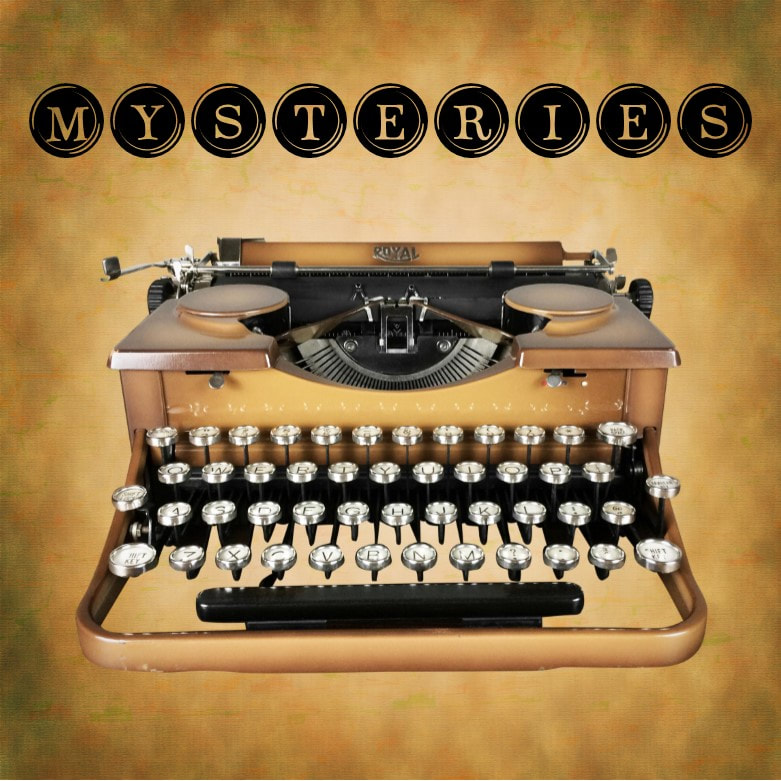
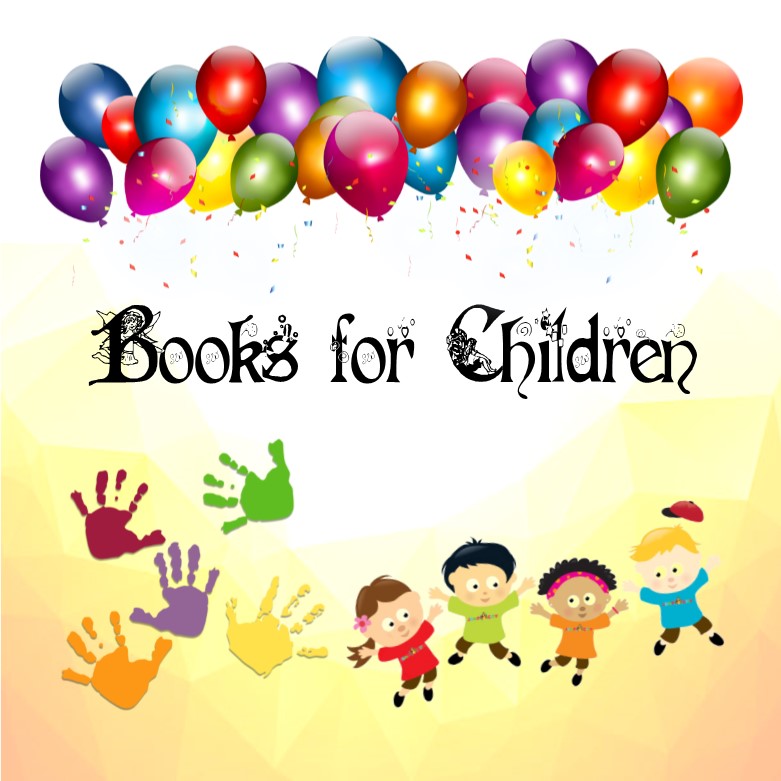

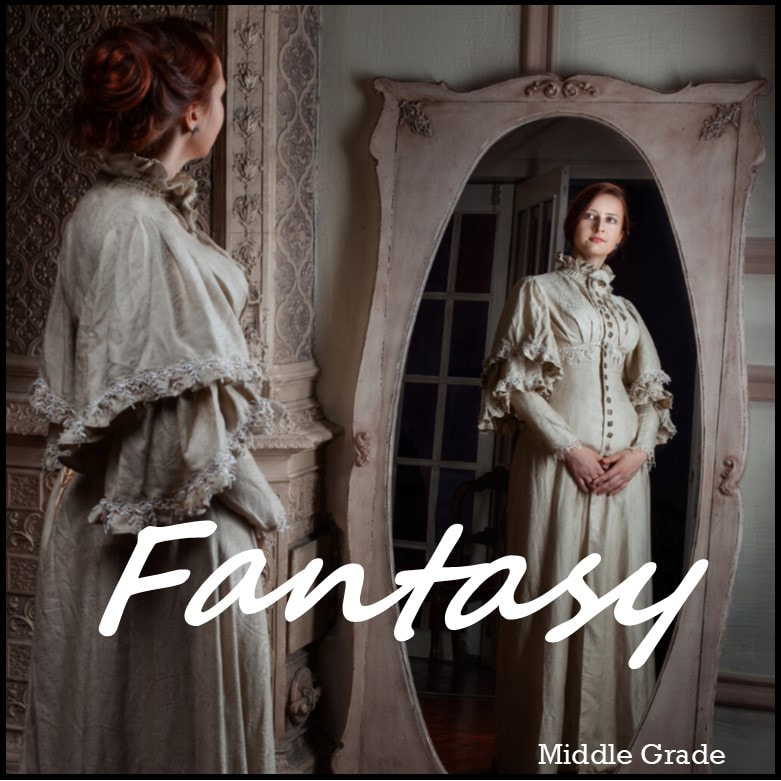


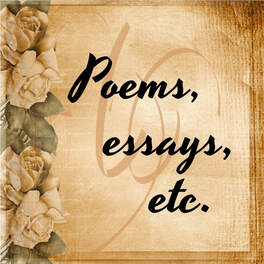


 RSS Feed
RSS Feed